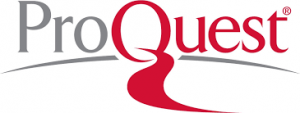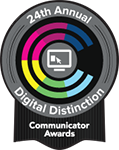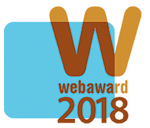Help with online databases
Where your search engine ends, our online databases begin.
HSPLS pays for nearly 100 online databases with content that is not freely available on the internet. These databases help our patrons research all kinds of questions. Here are just a few examples.
“I’ve started planning for retirement and I need robust portfolio planning tools.”
“I’m looking for my great, great grandmother.”
“I need the brake diagrams for my 2006 Mazda 6 Wagon.”
“My doctor just prescribed me a drug and I’d like to read the latest research on it.”
“I need to find all the letters to the editor of the Honolulu Star-Advertiser from 2004-2005.”
“I want to browse through all the Aircraft Illustrated Issues.”
Why should I use these?
- Because your teacher says you can’t cite Wikipedia.
- Because your search engine leads you to a million answers but you need to find the right answer.
- Because they’re free with your library card.
- Because when the library closes, the online databases stay open.
Where should I begin?
Well, it depends.
I’ve already done some research and I want to start to refine it.
If you’ve started to narrow your topic, you can refine your search by looking in individual databases. This takes a bit more time but it’s thorough.
I am just starting my research.
If you are new to this try starting with one of our larger providers. When you are in any one of the databases you can opt to search across 1 or more of all the databases they provide. This will help you cast a wider net and begin to get a feel for how these databases work.
Uhm, I still don’t know where to start?
We understand! These databases can be daunting even for us! If you think you need a little extra help, ask one of our librarians for some reference assistance.
Useful terms
Sometimes we forget that we speak librarian. Here are some that may help you navigate your way through these resources.
| Term | Definition |
|---|---|
| Abstract | An abstract is usually a brief summary of the key points of an article. |
| Citation | It is a basic reference to a specific work (book, periodical, website) that contains the author, title, date of publication, and any information required to find the work. |
| Databases | A set of information from published works to include journals, magazines, newspapers, encyclopedias, reference books, etc… Databases offered by the library are compiled with information that is from experts in specific fields and the works are fact checked. |
| Full-text | The entire article or work is available for reading, emailing and/or printing. |
| Index | Identify where information can be found and often arranged by author, title, or subject. |
| Journal | A kind of periodical that has scholarly articles that are usually published by academic or association presses. |
| Magazine | A kind of periodical that has popular articles, which are usually shorter or less authoritative than journal articles. |
| Peer reviewed | Used to describe scholarly journals or articles that have been reviewed by peers within the topic, who use a specific set of criteria to evaluate the material to be published. |
| Periodicals | It is a term to define materials that are published at regular intervals. The term includes magazines, journals, and newsletters. |
| Primary source | These are original records and contemporary documents that are the original source of information for a particular topic. They are usually used to create or support research or another body of work. |
| Scholarly or academic journal | Articles in a scholarly journal are written by scholars or professionals who are experts in their topic. |
| Serial | Periodicals, magazine, journals and yearbooks that are issued at regular or irregular intervals. |
Funding for many of these electronic services is provided by the Federal Library Services and Technology Act (LSTA), which is administered by the Institute of Museum and Library Services (IMLS).











